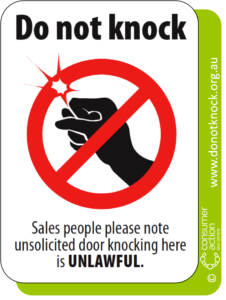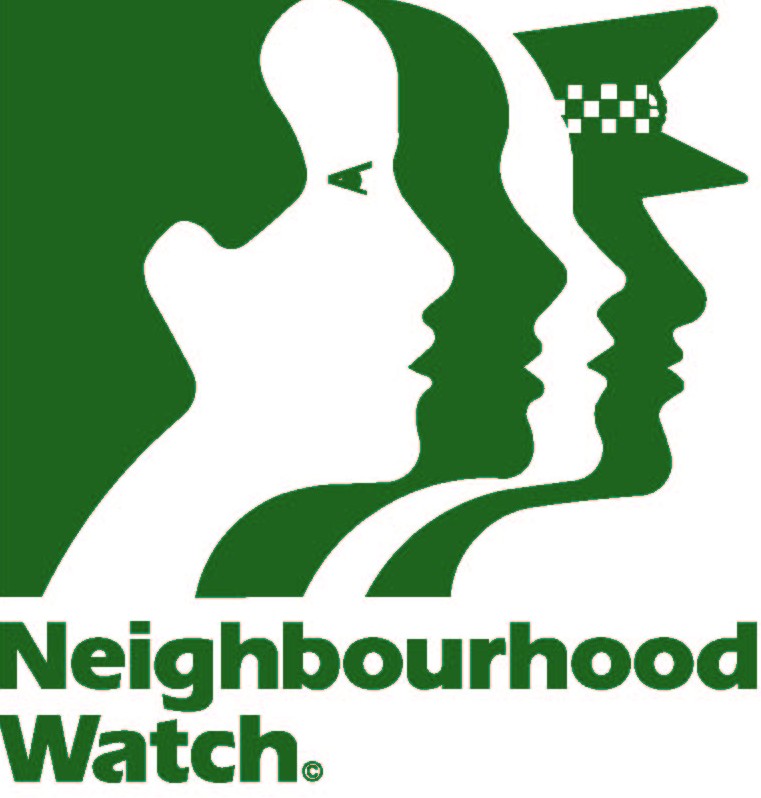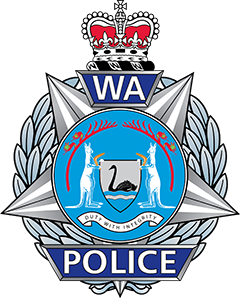Crime reported to Police: Como
(Crime statistics are updated on a quarterly basis in the last week of January, April, July and October. Offence count data is subject to revision as police investigations may not be finalised at the time the data is published.)Crime Prevention Information

Click a report from the right
If you are considering installing security, it is recommended that you go through one of the member companies listed / affiliated with ‘Security Agents Institutes of Western Australia’ (SAIWA). Government departments, including WA Police, do not (and cannot) recommend companies. However, WA Police and Neighbourhood Watch do encourage the use of licensed security operatives. Bottom line: if the company is not licensed, do not let them in.
A common method used by offenders to identify vacant properties is to knock on doors or ring doorbells to see if anyone answers and to listen for dogs barking. Offenders usually try more than once to be sure. Door knockers employed by legitimate companies are familiar with the Australia-wide ‘Do not knock’ campaign and leave as soon as they see the sticker. Failure to leave the property is breaking Australian Consumer Law and the company the door knocker represents could be fined up to $50,000. The door knocker is also committing trespass. By clearly identifying as a ‘do not knock’ property, anyone who then DOES knock is more readily identifiable as a potential criminal (or a scam company). Further information is available via the web link provided.
Neighbourhood Watch Australasia has operated by way of voluntary participation for some time. What this means is that crime prevention is down to community efforts rather than coordinated through Neighbourhood Watch. Volunteers or ‘participants’ no longer receive regular emails from police and nor are stats provided beyond those published quarterly by WA Police. However, some information based resources are available from Neighbourhood Watch and this website lists what these are. There is just one Neighbourhood Watch Coordinator for the State (full time employee of WA Police). Most, if not all other states and territories, have now terminated this role.
This links to a useful document on burglary published by the RACWA on burglary. A new tab will open up displaying a document as a PDF (Portable Document Format). The PDF can be read on-screen or printed out according to your preference. Note that the “regular emails provided to Neighbourhood Watch participants” advisory is dated and sadly incorrect.
A $400 safety and security rebate for WA seniors is available for the purchase and installation of devices such as home alarm and CCTV systems, security door screens, door and window deadlocks, security window screens or shutters, security sensor lights, Wi-Fi video doorbells, mains powered smoke alarms, fire extinguishers and fire blankets. Download an application form by clicking on the link.
Safe & Found is dedicated to assisting Police in locating persons who may be at risk of becoming lost or reported missing - click on the link for more information.
Cam-Map WA is a wide-ranging database of all voluntarily registered CCTV systems across Western Australia. This publicly accessed platform invites owners and operators of CCTV systems to self-register onto a secure database which is operated by the Western Australia Police Force. Click on the link for further information.
Register your bike. When we say register your bike, what we mean is create a profile on Bikelinc which links you, your bike and its unique serial number with your personal details. Click on the link for more information.
What is the difference between a robbery and a burglary? What denotes circumstances of ‘aggravation’ during a burglary? This link, provided by WA Police, details useful information on different crime types.
This links to a printable form for recording criminal activity.
A useful home security checklist provided by WA Police.
Provides links to various crime prevention publications by way of five sub-links, these being: ‘Protect My Stuff’, ‘Protect My Home’, ‘Protect My Community’, ‘Protect Me’, and, ‘Protect My Business’.









